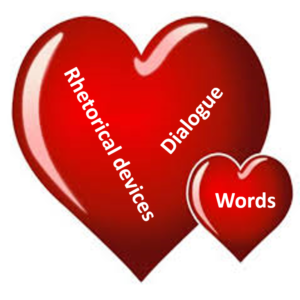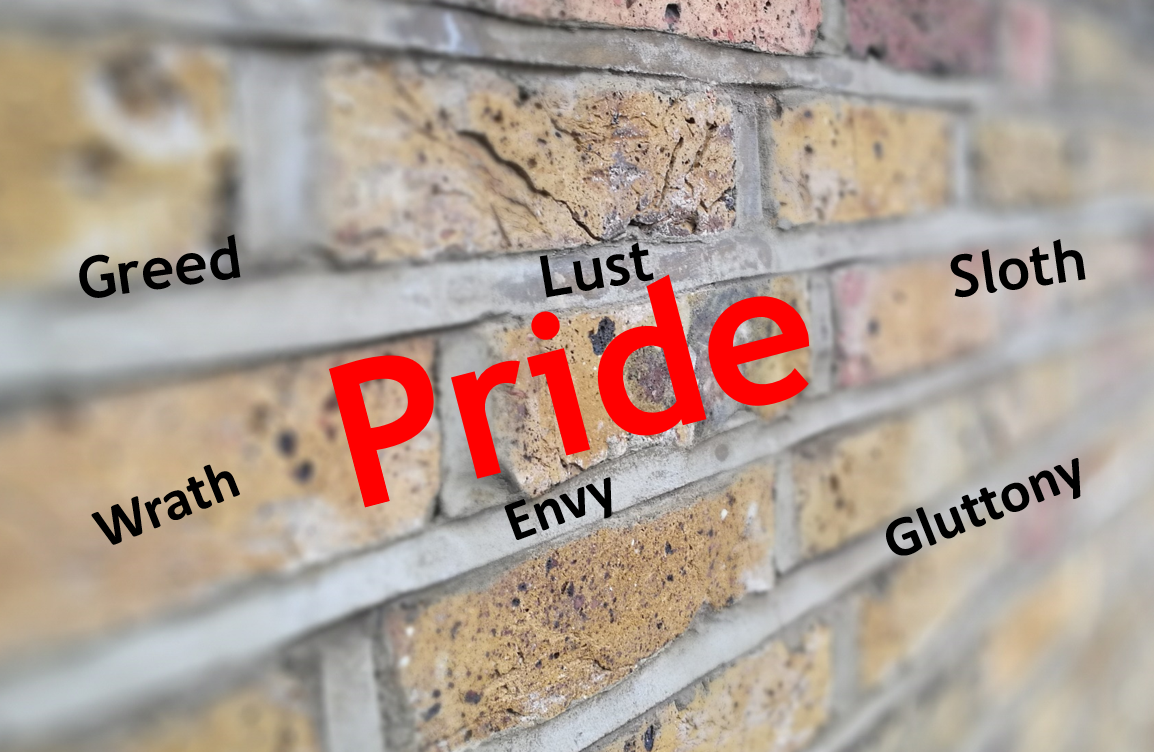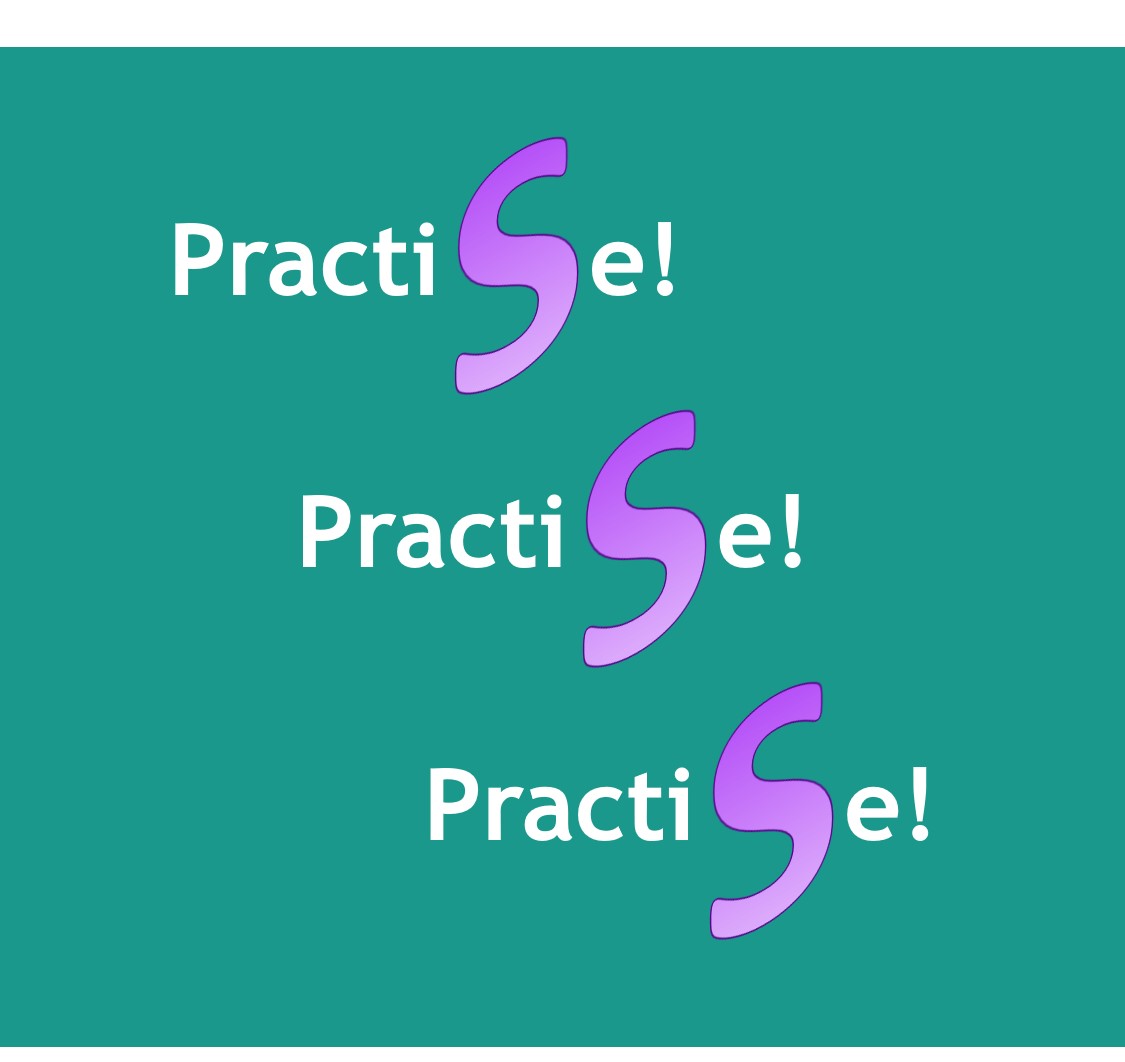What to do when like turns to dislike
Like has crept into (or should I say is revisiting) the English language and sometimes feels as if it’s destroying the richness of the language, its nuances and variety. When you’re giving a speech or presentation, the words you choose to use impact your authority and memorability.
From ‘er’ to the ‘L’ word
“627 ers and ums this morning!”
“That’s just over 10 a minute on average. How is that even possible?”
I remember sitting in lectures in the 1980s, counting the ‘ers’ and ‘ums’ of a professor. He had so many variations on the fillers that the five-bar counting of er, ah, um, eh, ar, mm, ehm, etc became all-consuming. That’s all I remember of his lectures. This may say something about repetition as a means of driving home a message, but I’m sure this was not the takeaway he hoped for!
Fillers are for sandwiches, professor, not for speakers or, indeed, lecturers. These tiny little words, or should I say sounds, are distracting, annoying and do nothing to further the speaker’s cause.
English is a rich language, continuously evolving and changing. It is indubitably subject to people’s own creativity and imagination, while technology in general and social media in particular are also having a profound impact.
The word ‘like’, for instance, while not a new word, has relatively recently inveigled its way to prominence in many people’s everyday speech.
With technology, notably Facebook, has come the ‘L’ word and it seems to be rapidly undermining our ability to tap into the richness of the English language.
When ‘like’ first took over, I received some transcripts of focus groups conducted in the USA. They were utterly intelligible. Surely there was some mistake. Sentences were incomplete. The point the speaker wanted to make was reduced to ‘like’, which seemed to be some synonym for ‘you know?’ And the moderator demonstrated an appalling lack of curiosity by assuming she did, indeed, know what ‘like’ meant. I asked for the transcripts to be reviewed and they had to re-run the groups to find out what the participants really wanted to say.
Please don’t ‘like’ the English language too much

The Second Edition of the 20-volume Oxford English Dictionary (OED) contains full entries for 171,476 words in current use, and 47,156 obsolete words. To this may be added around 9,500 derivative words included as sub-entries.
It is, arguably, impossible to count the number of words in the English language. That’s why the OED pitches itself on 615,100 ‘definitions’ rather than total number of words. If all the different senses are included, the total word count in current English usage would bump up to nearly 750,000.
However, you cut it, that’s a lot of words and apparently we use very few of them. As with the total number of words, it is difficult to measure vocabulary size accurately as it varies greatly from person to person.
Robert Charles Lee suggests that average adult native English speakers know some 20,000 to 35,000 words. He goes further. You’ll only need to know 3,000 words in current use to get through 95% of all reading matter. That is a mere 1.75% of the 171,476 words in current use.
Like in today’s language
And ‘like’ is a major contributor. Why, I wonder. It may have something to do with the extraordinary variety of uses of like, both traditional and modern. It can be used as a verb, noun, adverb, adjective, preposition, conjunction …
- Like as a verb – put simply, to enjoy or get pleasure from something.
- Like as a noun – something that you like, approve of, or enjoy (usually plural), eg my likes and dislikes
- Like as an adverb – meaning probably, eg like as not. However, in contemporary usage,
- Like as an adjective – having the same or similar qualities
- Like as a preposition – similar to (something or someone), typical of, comparator, etc
- Like as a conjunction – in the sense of ‘as if’, ‘the way’, ‘the type’. Some say this usage is a grammatical error
Like in the modern vernacular has many additional uses, especially among younger people. For example, it can emphasise a word or phrase, eg He was, like, Wow! That’s awesome.
It can indicate a tentative or approximate sense, a lack of confidence or certainty, eg I want to, like, leave home, I think it costs, like, £20.
Quotative like can cover both ‘saying’ and ‘thinking’. It has effectively become a surrogate verb. According to linguist Alexandra D’Arcy, it caught on fast, so that the teenagers of the 1990s and beyond use quotative like in about half the situations where they could use ‘like’ or ‘say’ or ‘think’. She also says that it is an Americanism, but it seems to have crossed international borders at the speed of a computer virus.
Like as a filler – er and um seem to have largely yielded place to the ‘L’ word. It may also be found at the start of sentences, replacing ‘so’, ‘well’, etc.
Like as a stand in for actual words. It is not unusual to hear sentences ending in ‘like’, leaving the unspoken words to the imagination of the listener. Since we are not mind readers, this can be a risky business.
Choose your words for clarity, colour and credibility
As in the case of my professor, excessive use of the ‘L’ word was such a distraction that we couldn’t concentrate on what he was actually saying.
 Remarkably, it seems that when required, people can lose the ‘L’ word. I have a friend who is an excessive user of the ‘L’ word. One morning, in an interview on BBC Breakfast, he spoke fluently for five minutes without once using the word. How? A simple pause.
Remarkably, it seems that when required, people can lose the ‘L’ word. I have a friend who is an excessive user of the ‘L’ word. One morning, in an interview on BBC Breakfast, he spoke fluently for five minutes without once using the word. How? A simple pause.
Some likes, I like! But consider, too, what synonyms may be available to enrich and vary your vocabulary. Please don’t ‘like’ our rich language to death. Use it selectively and appropriately to communicate, not to distract.
If you want to express yourself clearly and credibly or find yourself in a more formal situation, such as public speaking, lecturing or taking part in a TV interview, try and minimise inappropriate or excessive use of the ‘L’ word. Pause … And continue to your next point.





